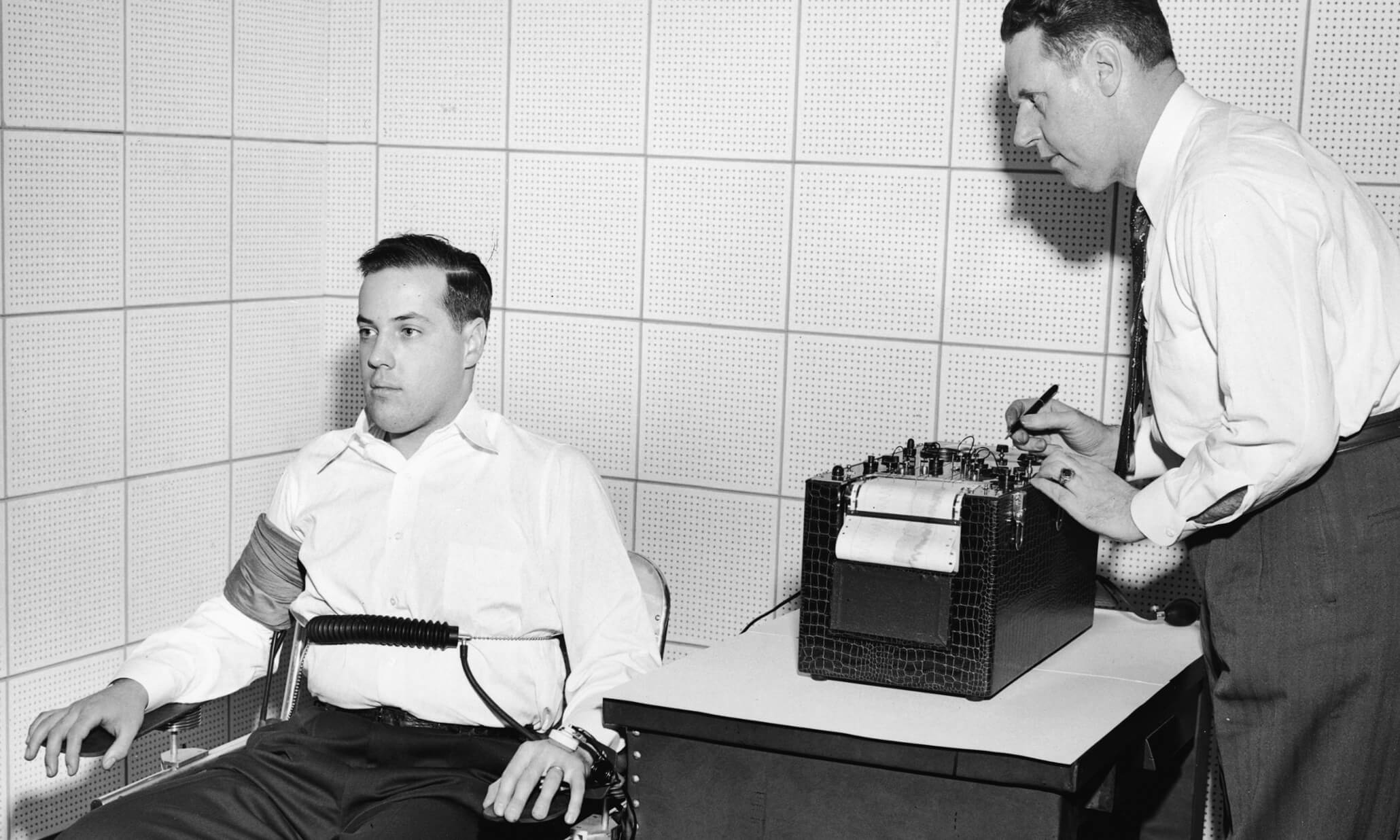Court Holds that Sex Offender Conditions Cannot be Added as a Condition of Parole for Cases That Do Not Involve a Sex Offense
Ex Parte Evans – The Texas Court of Criminal Appeals considered a case wherein sex-offender conditions were placed on a parolee for an offense other than a sex offense.
In October of 2001, Appellant pled guilty to two counts of reckless injury to a child (not a sexual offense). He was sentenced to ten years in prison on each count. On October 25, 2006, Appellant was released to parole in Lubbock, Texas. He then asked for his parole to be transferred to El Paso, Texas, where his children lived. Once he arrived in El Paso, his new parole officer gave him a “Notice and Opportunity to Respond Pre-Imposition of Sex Offender Special Conditions.” He submitted a written response stating that he was unable to produce any documentation to show that the offense he had been convicted of was unrelated to anything sexual in nature other than the fact that the victim’s doctor had testified that the injuries were not sexual in nature.
Despite his dispute, his parole officer recommended that “Special Condition X” (the sex-offender program) be added as a condition of his parole. From all accounts, immediately after the condition was imposed, Appellant went “downhill.” He was not allowed to visit his children anymore. Further, in October of 2008, Appellant’s parole officer and a handful of other officers searched the Appellant’s home. Inside, they found a cell phone on Appellant’s bed that had a picture of a nude woman on it. Several other pictures of nude women were found in his cell phone online photo album. Also, the officers found two pornographic DVD’s – all of which were unlawful for Appellant to possess while a registered sex offender.
Appellant’s parole was then revoked upon a motion by the State. At the hearing, Appellant argued that the conditions had been unconstitutionally imposed without due process and that the facts of his conviction did not justify such sex-offender conditions. His argument fell on deaf ears and he was returned to prison.
On a writ of habeas corpus, the trial judge found that Appellant had not been convicted of a sex offense, that there was no evidence of sexual abuse of his victims, and that he was not afforded due process before the imposition of the sex offender conditions. The trial judge relied on an opinion out of the 5th Circuit, Meza v. Livingston, 623 F.Supp.2d 782 (W.D. Tex. 2009). That case had almost the exact same facts as Appellants case and the court in the Meza case found that due process had not been afforded in imposing sex-offender conditions as a condition of parole. Here, the CCA acknowledged the opinion but stated that the Meza opinion failed to clarify “exactly how much process is constitutionally due before sex-offender conditions may be imposed upon a parolee who has not been convicted of a sex offense.”
The CCA then cited the Fifth Circuit’s analysis of this issue in the 2004 case, Coleman v. Dretke, 395 F.3d 216 (5th Cir. 2004) which ultimately held that “a parolee who has not been convicted of a sex offense must be afforded the following procedures before sex-offender conditions may be imposed on him:
(1) written notice that sex offender conditions may be imposed as a condition of mandatory supervision;
(2) disclosure of the evidence being presented against [the person] to enable him to marshal the facts asserted against him and prepare a defense;
(3) a hearing in which [the person] is permitted to be heard in person, present documentary evidence, and call witnesses;
(4) the right to confront and cross-examine witnesses, unless good cause is shown;
(5) an impartial decision maker;
(6) a written statement by the fact finder as to the evidence relied on and the reasons it attached sex offender conditions to his mandatory supervision.”
The Court held that because these procedures were not offered to Appellant, he was entitled to the relief he sought: immediate release on mandatory supervision without sex-offender conditions, and, if TDCJ sought to re-impose such conditions he was entitled to the protection of the Meza due-process procedures. The Texas Department of Criminal Justice did chime in with four arguments advocating for the actions of the parole officer but the court shot them all down (see the original opinion for more detail).
What’s the take-away? It’s pretty simple my opinion: Due process must be afforded to individuals on parole when the State attempts to add sex-offender conditions on a parolee who has not been convicted of a sexually related offense.
Just for good measure, here are some helpful links pertaining to Sex Offenders and Sex Related Crimes:
Council on Sex Offender Treatment Home Page
Sex Offender Laws, Legislation-Rules and Sex Offender Legislation-Laws

 Although polygraph tests are used from time to time in criminal justice matters, they have always been inadmissible at court because they are inherently unreliable.
Although polygraph tests are used from time to time in criminal justice matters, they have always been inadmissible at court because they are inherently unreliable.





 Today, in
Today, in 
 Last week, the Texas Court of Criminal Appeals issued its opinion in
Last week, the Texas Court of Criminal Appeals issued its opinion in 
 In September of 2010, the 3rd Court of Appeals (Austin) reversed the sexual assault conviction of Mark Barshaw because the trial court allowed the following testimony of an MHMR expert regarding the truthfulness of mentally retarded individuals:
In September of 2010, the 3rd Court of Appeals (Austin) reversed the sexual assault conviction of Mark Barshaw because the trial court allowed the following testimony of an MHMR expert regarding the truthfulness of mentally retarded individuals:
 Here’s an excerpt from the Texas Court of Criminal Appeals’ majority (5-3) opinion in
Here’s an excerpt from the Texas Court of Criminal Appeals’ majority (5-3) opinion in 
 As I wait on more slip opinions from the Court of Criminal Appeals, I’ve been randomly sifting through Courts of Appeals opinions. Today, the 7th District Court of Appeals (Amarillo) released a rather concise opinion in an aggravated sexual assault case regarding a “custodial interrogation.” It’s worth an equally concise post.
As I wait on more slip opinions from the Court of Criminal Appeals, I’ve been randomly sifting through Courts of Appeals opinions. Today, the 7th District Court of Appeals (Amarillo) released a rather concise opinion in an aggravated sexual assault case regarding a “custodial interrogation.” It’s worth an equally concise post.





